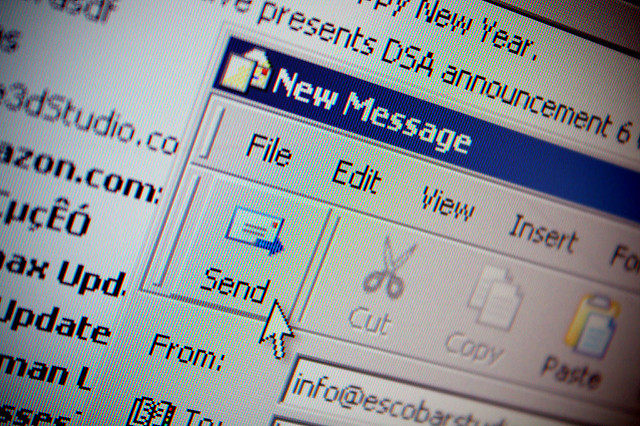A few months ago, I started thinking about ways to handle email while out of the office. I was getting a lot of email while I was on vacation, and I wanted to figure out a way to, A) Reduce the number of emails in my inbox, and B) Make sure that my co-workers weren’t sitting around and waiting forever for a reply.
That’s when I read this story about a company in Germany that auto-deleted emails sent to employees on vacation. It seemed a little intense, but intriguing. Maybe there was a way, I thought, for me to shut off the email spigot on vacation.
So I dug a little deeper. I read about Huffington Post trying a similar email strategy, and other leaders adopting this auto-delete strategy. They all raved about it. Communicate what you’re going to do, they said, and how you can help them when you get back from vacation. And then try it.
So I did. I reminded my team that I’d be on vacation and not checking email. I wrote an out of office reply explaining that I was on vacation, and declaring email bankruptcy. I’d be deleting my entire inbox when I got back, I said. So I asked co-workers to email me again on a specific date — the day I was returning to the office — and promised that I’d be able to help them quickly if they emailed me on that date.
I turned on the out of office reply, and I went on vacation.
And I got feedback pretty quickly: People hated it. They thought I was acting like a jerk.
And honestly? I couldn’t blame them.
Here’s what I believe: What matters most is not what you say — it’s what others hear.
What I thought I was saying was: Please help me maintain my sanity! Email me when I’m back at work, and I can help you then.
What my co-workers heard was: You clearly don’t value my work or my time.
And they were right! My OOO reply came across as rude, and borderline hostile. Instead of pointing people towards someone who could help, I was shutting the door on them entirely. And at a big company, where I was getting emails from people in other offices (and sometimes in other countries), there were a lot of people who were asking for stuff who didn’t really know me. This might have been one of their first interactions with me — and this was how I was treating them?
The “auto-delete” strategy seemed nice in theory, but at a big company, it didn’t work. (I sent a lot of “I’m so sorry” emails afterwards to apologize to co-workers. I probably spent more time apologizing than I would have spent just replying to my normal, post-vacation inbox.)
So I’m doing something different now. Now, the email you get from me says, “I’m out of the office until (this date). If you need to reach me, text or call my cell at (xxx) xxx-xxxx.” Then I list the contact info for colleagues who can help, and I explain how they can be helpful.
Here’s what I like about my new OOO reply: If someone desperately needs my help, they’ll reach out directly. But most people see it and think, “This can wait.” And they do. If not, they can reach out to a co-worker to get the answers they need. It’s an OOO that’s designed to make sure that others can get the help they need as soon as they need it.
As for the emails: Sure, they pile up a little. I have to take an hour on that first Monday back in the office clearing through my inbox. But if my OOO does its job, most of the emails are about issues that were sorted out while I was gone. I get my vacation, and the office keeps moving forward. That’s a win-win.
———
That photo at top, “Email” by Aaron Escobar, is licensed under CC BY 2.0

